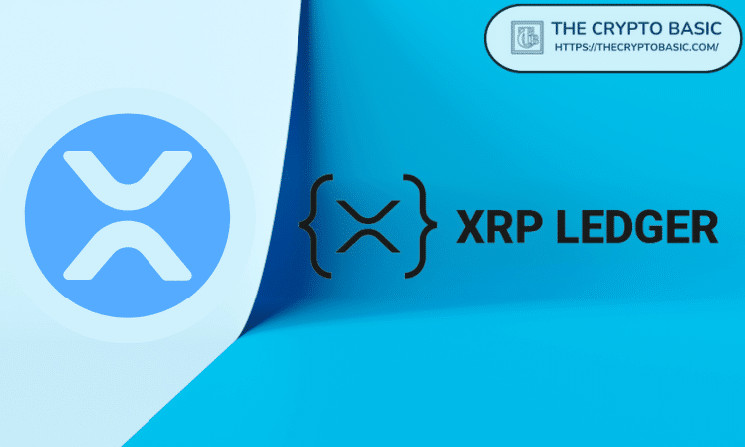[ad_1]
The co-founder of Block Digital Corporation, Santiago Velez, recently explained how the XRP Ledger (XRPL) ecosystem could be enhanced with XRP, citing a case with Solana.
Velez revealed this while discussing the perceived lack of growth and adoption for the XRP Ledger over the years, especially when compared to newer protocols, such as Solana. He called attention to one solution for this problem: the advent of venture capital (VC) firms.
Solana VC Fundings
According to Santiago Velez, Solana has witnessed massive growth since its launch in March 2020 because of venture capital firms pumping capital into the ecosystem for the development of multiple projects. These projects contribute to adoption and ecosystem growth.
Venture capital. Ripple having the vast amount of holdings of XRP means there isn’t an army of VCs, and sponsored sub projects, promoting & building on the XRPL. They should consider external sales of XRP to VCs outside of the US to create this unique network effect.
— Santiago Velez ☀️ 🏴☠️🪝 (@Santiag78758327) February 11, 2024
Notably, according to data from Crunchbase, Solana boasts about 47 investors, including leading VC firms such as Andreessen Horowitz (a16z), Pantera Capital, Coinbase Ventures and Paradigm. Its latest funding involved an undisclosed amount from Cynegetic Investment last December.
Ripple Could Sell XRP to Non-US VCs
Projects on the network have also secured funding to expedite their development. Velez believes this is what the XRPL ecosystem lacks. According to him, Ripple’s holding of an enormous amount of XRP, totaling 45 billion tokens as of December 2023, translates to a lack of VC firms in the ecosystem.
Amid this absence of venture capital funding, the ecosystem has not witnessed a massive influx of projects sponsored to build on the XRP Ledger and promote its adoption. Velez suggested that Ripple sell its XRP holdings to VC firms not based in the United States to this effect.
The reason his proposal looks outside the U.S. is due to the legal implications that could come from such sales within the country.
Recall that Ripple’s legal battle with the U.S. SEC has moved to the remedies phase, where the court will determine penalties for the fintech company’s unlawful securities transactions involving XRP.
The XRPL’s Slow Adoption Rate
Notably, the discussion around the XRP Ledger’s current state began with concerns raised by the host of the Minus Wells Crypto YouTube channel.
The internet personality questioned why there is a delay in the implementation of Hooks on the XRPL, which would introduce native smart contracts capabilities to the network, despite nearly everyone in the community drumming support for the protocol.
Right now there is a 97.1% YES vote for wanting native smart contracts on the #XRPL.
I find it difficult to comprehend why anyone would NOT desire this. We have witnessed #Ethereum completely reconstruct its network, transitioning from a low-throughput PoW system to a PoS… https://t.co/9GE2TidtZa
— ᙢinus ᙡells (@MinusWells) February 11, 2024
When comments on the potential risks associated with Hooks came up, the YouTuber acknowledged that the network could experience undesired effects such as fee escalation and congestion. Nonetheless, he advocated for the feature, as it could introduce increased DeFi activity on the XRPL.
He believes this development could drive up XRP’s value and further severe reliance on Ripple. Responding to this statement, an XRP community member pointed out that despite leading in innovation in earlier years, Ripple has lagged others in the blockchain space in terms of recent DeFi development.
However, social media influencer Digital Perspectives attributed the XRP Ledger’s slow growth and XRP’s underperformance to the long-standing legal pressure from the SEC’s lawsuit and the broader campaign against Ripple and the XRPL.
While the community member acknowledged the effect of the lawsuit on the XRPL and XRP, he contended that the lawsuit is not to blame for the lack of adoption, citing Solana’s ability to keep innovating despite constant attacks and the security label from the SEC.
[ad_2]

